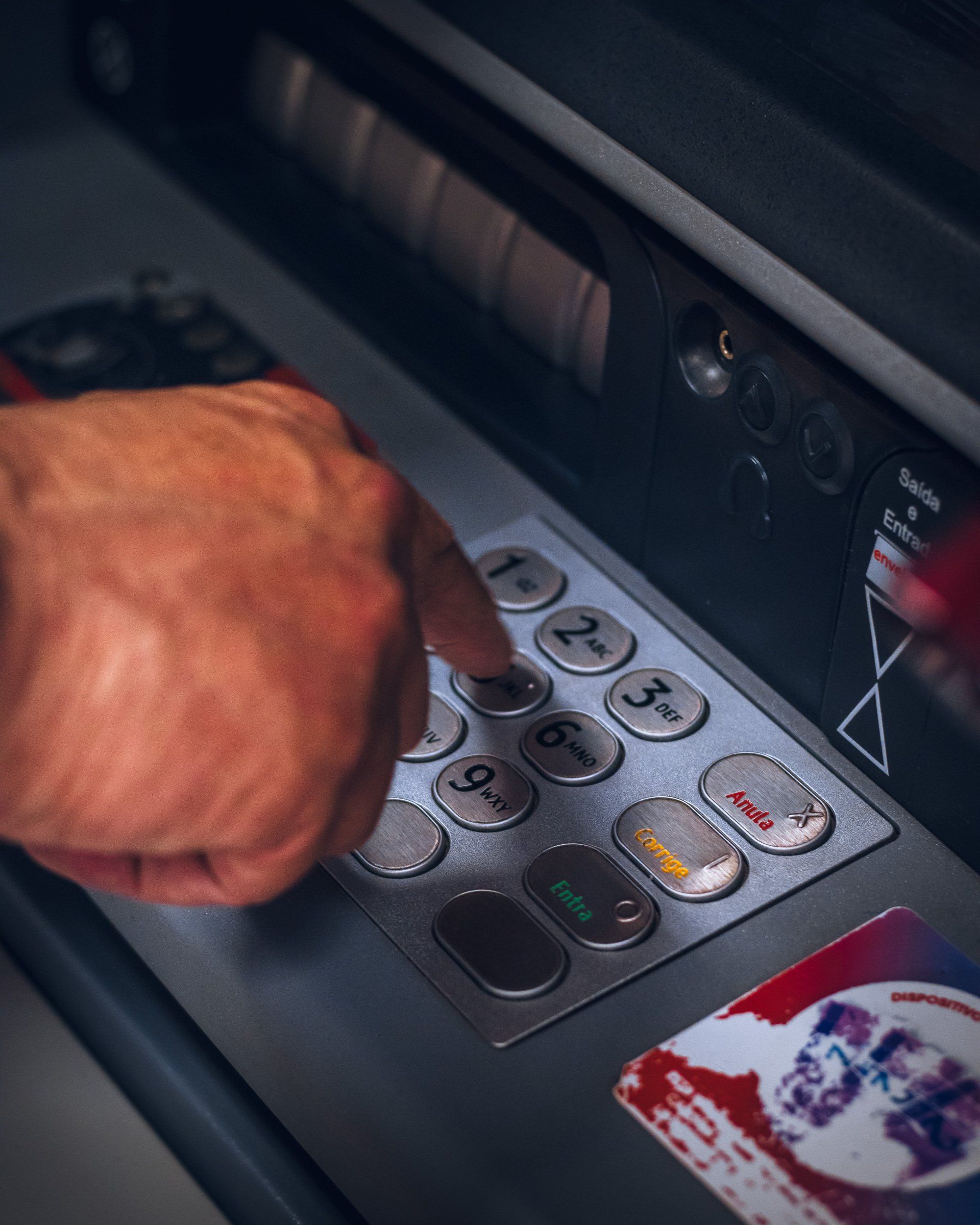CSX: The incumbent’s answer to Revolut
In the previous articles we wrote about the “original” - Revolut. We pointed out some of the problems it has when used in Switzerland. Zak and neon pose some popular alternatives, resembling Revolut somewhat, but being built on a proper Swiss banking foundation. Revolut was instead built on Wirecard in the very beginning, then for many years on UK banks and recently, they obtained their own banking license in Lithuania.
One of the newest options to have have your bank account on your smartphone with few bells and whistles is CSX. As the name suggests, it is an offering by Credit Suisse (aka “CS”), one of the two biggest and most well-known Swiss banks.
While it is obviously a me-too product that does not necessarily mean it is bad. Especially with a longer term perspective in mind, Credit Suisse may be well equipped to offer one of the best Revolut alternatives in Switzerland based on the vast infrastructure it already has.
A decent foundation: Credit Suisse
Last time we wrote that neon has a solid foundation. Credit Suisse is much bigger than Hypothekarbank Lenzburg (the bank behind neon), but that does not necessarily mean that Credit Suisse is better. On the contrary, Credit Suisse was involved in so many scandals around money laundering, tax evasion and other shady businesses like its other investment banking focused sibling UBS. So we would say a medium size bank is actually better and more solid than one of the very big banks. Unless you have special requests like if you need a Swiss bank account, but live outside of Switzerland - something that only the biggest banks offer nowadays whereas the small banks are focused on purely Swiss or even regional customers.
So keep in mind that Credit Suisse may be a tiny bit more of a risk to have your money at than at a bank that is involved in less scandals. But on the other hand, Credit Suisse is certainly “too big too fail”, so you can probably rest assured that your money is safe there.

Is it easy to use?
With big banks, you always have to be careful with a usability. All big banks we have ever used tend to build complicated software that is a bit more complicated to use and often their tariff structures contain traps. That is not necessarily their intention, but offerings tend to grow from simple in the beginning to pretty complicated after a couple of years.
Having been introduced at the end of 2020, CSX is fortunately not old enough to be complicated, at least in terms of the price structure. The mobile app had its issues in the beginnings as many can confirm: The signup process did not work very well for many interested users.
Another problem with CSX seems to be that exporting your transactions is not supported yet. No API and no CSV export.
The CSX plans
You get a basic “free” plan with the most basic features and don’t pay a monthly fee. You do pay for each cash withdrawal at an ATM. But if you ask me: Who needs that? I have not withdrawn Swiss francs in cash for quite a while and in COVID times, electronic payments became even more widespread. So I guess even if you do withdraw cash once a month, you end up paying 2 CHF for that, which is not a lot.
Already included in the free plan is no currency conversion fees with apparently no limits at the moment.
And they give you a Mastercard debit card, which is good, because it will allow you to rent a car with it. While you can pay almost everywhere with prepaid, debit and actual credit cards, car rental companies will only accept credit cards and often also debit cards these days. Prepaid cards are usually not supported for some reason. Since both neon and Zak come bundled with prepaid cards, you will need an additional card for renting a car if you use their offerings. With CSX, you won’t need another card. But it is debatable how much of a benefit that really is. For reasons of redundancy and robustness you should have at least two cards anyways.
There is also a “paid” plan, in which you do have a monthly fee. You get unlimited ATM withdrawals at Credit Suisse ATMs (they have a lot in Switzerland) and weird benefits like discounts on some movie tickets. Mind that you still pay ridiculous fees for cash withdrawals abroad. And of course, your card changes color, it’s black now instead if white. The monthly fee is only 3.95 CHF, but those “benefits” are still completely useless if you ask me.

Pillar 3a and investing combined
CSX combines your Pillar 3a and other investment options into the app. While this sounds like a great idea, it usually is a rip off in terms of fees. Banks always charge you so much for the convenience of having everything in one app and tend to sell their mediocre products, compared to specialists like VIAC, Selma or Frankly with low fees. It remains to be seen how this will turn out in the end with CSX, but since both UBS and Credit Suisse have kind of a bad reputation with their existing investment products whose hidden fees tend to cost you a fortune in the long run for just a little bit of convenience, we don’t expect much here.
It is better to keep these things separate and use the best of breed approach: Use the best Pillar 3a provider for that, use the best robo advisor for robo ETF investing and use the best bank account separately. You would not go to a supermarket or a gas station if you want the best meat, bread or fruit, right?
No good international payment option
Unlike Revolut or neon, there is no good way to send money international across currencies with CSX. We always argue that this is a feature the average person in Switzerland will need every month, simply because Switzerland is such a small economy and you will often end up sending Euros via SEPA somewhere.
Verdict: CSX is OK, but not yet a first choice
As we explained, the lack of an API, CSV export and the fact that having all in one app is not really a great idea in the end, combined with the lack of international affordable payments make a CSX somewhat of a lukewarm option in our view. It’s nice that Credit Suisse is joining the club of app-based banking, but neon (CH) and Revolut (UK / IE / LT) so far have the better product for most users. So we would not really recommend CSX to anyone right now.
This article is not financial, tax or legal advice by any means.
I am only sharing my own personal experiences here.
Always seek professional financial, tax or legal advice before making decisions.



